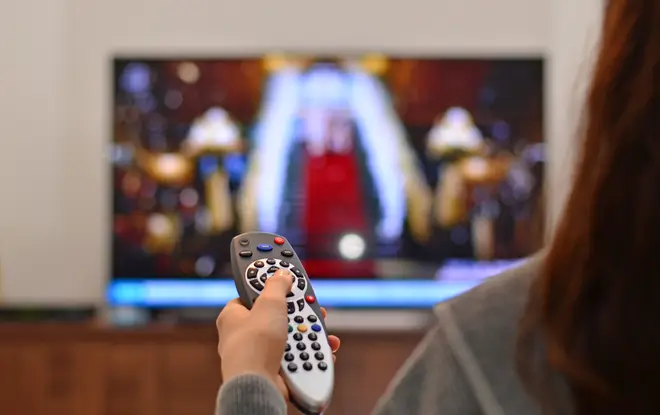On Air Now
Rob Howard and Kelly Brook 4pm - 7pm
17 June 2019, 12:58 | Updated: 17 June 2019, 13:03

The way men and women are portrayed in adverts in the UK is about to change.
Adverts that are deemed ‘harmful’ will be taken off TV in the UK as new rules are added to the ASA’s Advertising Codes.
From today, Monday 17th June 2019, any adverts which show “harmful gender stereotypes” will be banned from airing.
This decision has been made by the Advertising Standards Authority (ASA), who are aware gender stereotyping still occurs on TV today.
The ASA conducted a review where women, men and children revealed how certain adverts depicted them and their sex.

Included in the review was an advert by Aptamil in 2017.
In the advert, the female babies were shown growing to become a ballerina, while the male baby an engineer.
"This [advert] opposed beliefs amongst parents who thought that children could aspire to any career regardless of gender”, the review said.
It also read: “Whilst most participants did not feel that this type of stereotyping was offensive or harmful, they did feel that there was a missed opportunity to show greater diversity of gender roles and aspirations."

These types of gender stereotyping adverts “restrict the choices, aspirations and opportunities of children, young people and adults and these stereotypes can be reinforced by some advertising, which plays a part in unequal gender outcomes”, the ASA believe.
Guy Parker, the ASA chief executive told the BBC: "Our evidence shows how harmful gender stereotypes in ads can contribute to inequality in society, with costs for all of us.
“Put simply, we found that some portrayals in ads can, over time, play a part in limiting people's potential."